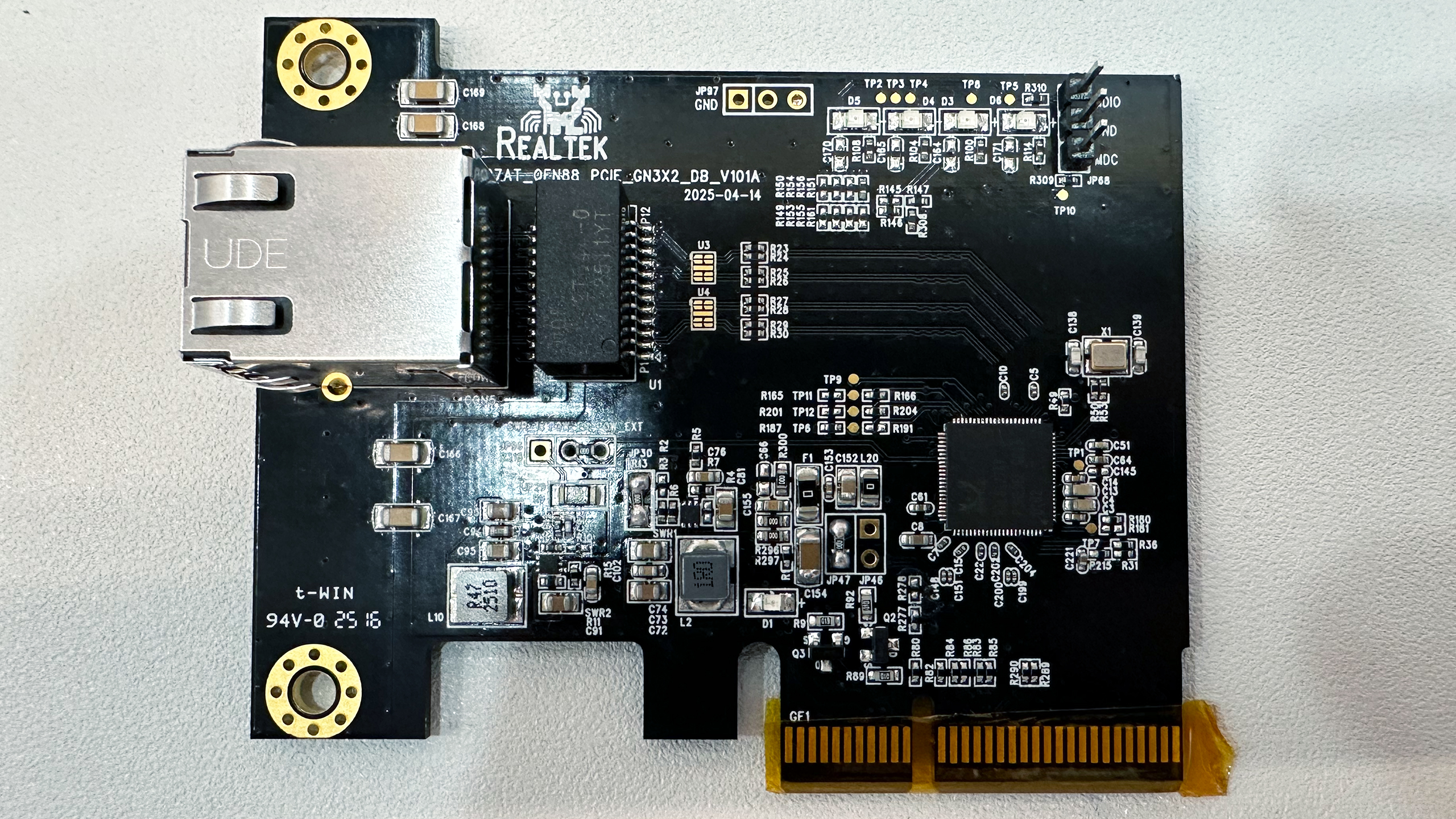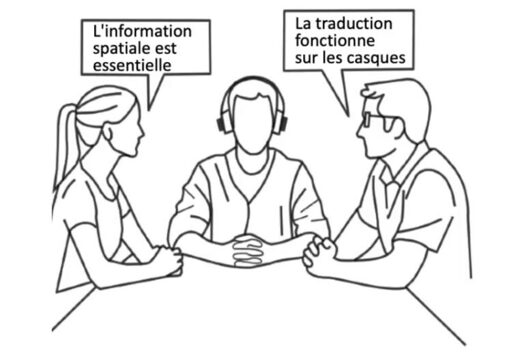Self-hosting your own media considered harmful - I just received my second community guidelines violation for my video demonstrating the use of LibreELEC on a Raspberry Pi 5, for 4K video playback
-
Because self hosting is getting cheaper and easier while average internet upload speeds are crazy high for the home user. Of course Google is scared.
Cries in single digit upload speeds
-
you say in the video that you use this setup to watch YouTube. I love watching YouTube with Kodi as it shows no ads. I guess they don't love that.
I'm not saying that justifies the strike, but it might be connected
Didn't they recently greenlight adblocker advertising?
-
YouTube pulled a popular tutorial video from tech creator Jeff Geerling this week, claiming his guide to installing LibreELEC on a Raspberry Pi 5 violated policies against "harmful content." The video, which showed viewers how to set up their own home media servers, had been live for over a year and racked up more than 500,000 views. YouTube's automated systems flagged the content for allegedly teaching people "how to get unauthorized or free access to audio or audiovisual content."
Geerling says his tutorial covered only legal self-hosting of media people already own -- no piracy tools or copyright workarounds. He said he goes out of his way to avoid mentioning popular piracy software in his videos. It's the second time YouTube has pulled a self-hosting content video from Geerling. Last October, YouTube removed his Jellyfin tutorial, though that decision was quickly reversed after appeal. This time, his appeal was denied.
The video is up again:
But at some point, he shows he's moving some files to LibreELEC, and he has a folder called "Chernobyl" - how can that possibly be legal, if the folder actually contains files with the HBO show of the same name? Just asking because I'm curious

-
The video is up again:
But at some point, he shows he's moving some files to LibreELEC, and he has a folder called "Chernobyl" - how can that possibly be legal, if the folder actually contains files with the HBO show of the same name? Just asking because I'm curious

You don't know the exact content of the files. He did not show those vidoeclips. I dont know if you can buy that or not. Sure it can be indication but in general you dont know as it varies between video to video if it is possible to buy.
-
YouTube pulled a popular tutorial video from tech creator Jeff Geerling this week, claiming his guide to installing LibreELEC on a Raspberry Pi 5 violated policies against "harmful content." The video, which showed viewers how to set up their own home media servers, had been live for over a year and racked up more than 500,000 views. YouTube's automated systems flagged the content for allegedly teaching people "how to get unauthorized or free access to audio or audiovisual content."
Geerling says his tutorial covered only legal self-hosting of media people already own -- no piracy tools or copyright workarounds. He said he goes out of his way to avoid mentioning popular piracy software in his videos. It's the second time YouTube has pulled a self-hosting content video from Geerling. Last October, YouTube removed his Jellyfin tutorial, though that decision was quickly reversed after appeal. This time, his appeal was denied.
Maybe stop relying on fucking youtube?
-
Cries in single digit upload speeds
Just use another unit. It's an easy fix.
-
The video is up again:
But at some point, he shows he's moving some files to LibreELEC, and he has a folder called "Chernobyl" - how can that possibly be legal, if the folder actually contains files with the HBO show of the same name? Just asking because I'm curious

It was released on DVD and Blu-ray, if he purchased the disc and ripped it to his media, and hasn't shared those files with anyone, then it is legal, as an exception to copyright in the US, where Jeff and Google are both based.
Jeff has stated on multiple occasions that he purchases and rips his media, and does not use piracy.
-
YouTube pulled a popular tutorial video from tech creator Jeff Geerling this week, claiming his guide to installing LibreELEC on a Raspberry Pi 5 violated policies against "harmful content." The video, which showed viewers how to set up their own home media servers, had been live for over a year and racked up more than 500,000 views. YouTube's automated systems flagged the content for allegedly teaching people "how to get unauthorized or free access to audio or audiovisual content."
Geerling says his tutorial covered only legal self-hosting of media people already own -- no piracy tools or copyright workarounds. He said he goes out of his way to avoid mentioning popular piracy software in his videos. It's the second time YouTube has pulled a self-hosting content video from Geerling. Last October, YouTube removed his Jellyfin tutorial, though that decision was quickly reversed after appeal. This time, his appeal was denied.
JG can also be found on Floatplane.
-
It was released on DVD and Blu-ray, if he purchased the disc and ripped it to his media, and hasn't shared those files with anyone, then it is legal, as an exception to copyright in the US, where Jeff and Google are both based.
Jeff has stated on multiple occasions that he purchases and rips his media, and does not use piracy.
Ah - didn't know it had been released on physical media.
-
YouTube pulled a popular tutorial video from tech creator Jeff Geerling this week, claiming his guide to installing LibreELEC on a Raspberry Pi 5 violated policies against "harmful content." The video, which showed viewers how to set up their own home media servers, had been live for over a year and racked up more than 500,000 views. YouTube's automated systems flagged the content for allegedly teaching people "how to get unauthorized or free access to audio or audiovisual content."
Geerling says his tutorial covered only legal self-hosting of media people already own -- no piracy tools or copyright workarounds. He said he goes out of his way to avoid mentioning popular piracy software in his videos. It's the second time YouTube has pulled a self-hosting content video from Geerling. Last October, YouTube removed his Jellyfin tutorial, though that decision was quickly reversed after appeal. This time, his appeal was denied.
Notably, Youtube does not consider exploiting children for profit harmful.
-
It was released on DVD and Blu-ray, if he purchased the disc and ripped it to his media, and hasn't shared those files with anyone, then it is legal, as an exception to copyright in the US, where Jeff and Google are both based.
Jeff has stated on multiple occasions that he purchases and rips his media, and does not use piracy.
Also like… you can legally just name your file wtf ever you want, I can make a folder full of pics of my dogs and name it “Chernobyl” it’s not illegal to use a word to name a file
-
Maybe stop relying on fucking youtube?
Are you suggesting that a guide on how to leave youtube should be elsewhere?
Thats like requiring to pass an exam to get access to the textbook.
-
This kind of crap is driving popular creators, like Geerling, to move to other places. YT / Alphabet has lost the plot.
I tried a couple of other platforms but I keep running into a moderation issue where the other platforms market to the sort of people who would be permanently banned from YouTube.
-
you say in the video that you use this setup to watch YouTube. I love watching YouTube with Kodi as it shows no ads. I guess they don't love that.
I'm not saying that justifies the strike, but it might be connected
The problem is that LibreELEC is piracy-adjacent. So you get these bogus take-downs because different people draw the line differently, and fighting a legal battle is 1000x as expensive as the outcome is worth to most people.
-
People are quick to burn Youtube here when its clearly the american copyright reach that causes this.
Youtube (under Google)'s implementation of US copyright considerations is a huge problem above and beyond the abomination that is the copyright law itself.
-
“how to get unauthorized or free access to audio or audiovisual content.”
In the future, public domain media will be banned for harming corporate profits.
In the 1970s/80s, the corporations just taxed blank media - because it was obviously used to pirate their warez.
-
In the 1970s/80s, the corporations just taxed blank media - because it was obviously used to pirate their warez.
Pretty sure you also had to pay royalties fees for radio/Internet radio regardless of where or not you played their music.
-
Yep. Most of my favorite creators are on Nebula now.
The ones that aren't get watched on SmartTube or in Brave Browser.
Nebula
Closed source, centralized and not even free...
-
Cries in single digit upload speeds
Single digit??? Let me guess spectrum?
-
Pretty sure you also had to pay royalties fees for radio/Internet radio regardless of where or not you played their music.
And still do for live performance by cover bands.







